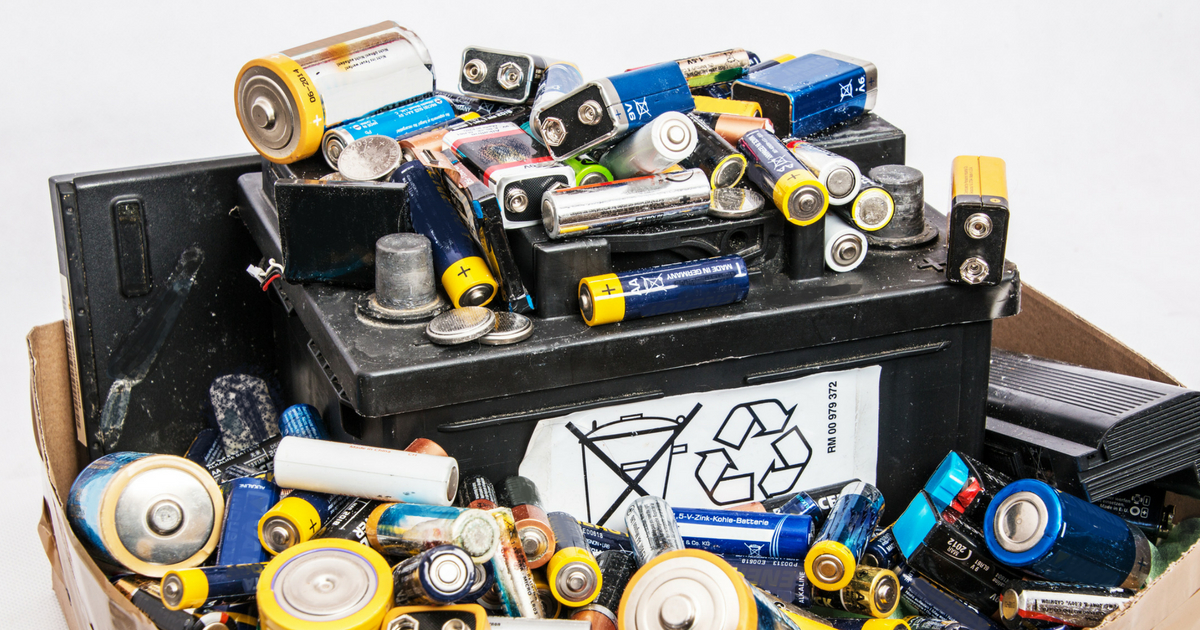
In addition to our function-specific and multimodal training options, Hazmat University also offers a few supplemental courses, including one for having a better understanding of regulations regarding the transportation of lithium batteries. This course might cause some to wonder about the purpose of having a class focused on a rather specific type of dangerous good, and we are happy to say there are quite a few benefits for this. Here are some reasons for why you should enhance your knowledge with supplemental lithium batteries training.
More In-Depth Information
Naturally, lithium batteries are covered in other hazardous materials training courses, along with different kinds of dangerous goods. However, these courses have so much information to include on a multitude of subjects, including classifying substances, marking and labeling, completing shipping papers, and many more – which naturally means that lithium batteries themselves will be touched on, but not in extensive detail. This wide scope is, of course, an essential part of hazmat training, and it is crucial for hazmat employees to be knowledgeable on a variety of subjects rather than to specialize in one.
On the other hand, it is generally better for hazmat employees to know more than to know less, and regular training combined with specialized training only creates more knowledgeable employees. This course, being entirely devoted to lithium batteries, goes into much more extensive detail than any of the other training courses offered by not having to cede space to other subjects. People can gain information from a supplemental lithium batteries course that would not be found in others, and such information may one day make the difference between a hazardous materials incident and the maintenance of safety standards.
A Uniquely Important Subject
All hazardous materials demand special attention – even the ones designated with the lowest level of dangerousness are still, well, hazardous. Despite this, hazardous materials are rather exceptional in two respects:
- They are, indeed, unusually dangerous in that they present chemical, electrical, and fire hazards with even slight errors in their packaging and handling. This means that they can pose a significant threat to the integrity of the transport vehicle transporting them and the lives of both hazmat employees and civilians.
- This peril is only increased by the fact that lithium batteries are a requirement of daily life for many. These batteries are used to power an array of electronic devices, from cell phones to laptop computers to pacemakers and many more. A high volume of lithium batteries is shipped every day, both standalone and contained within and packed with equipment that uses them as a power source.
The high risk combined with the high demand combine to make lithium batteries a uniquely challenging hazardous material. You can see this in news stories such as this incident in which a mother pulled her toddlers from the battery-operated toy car they were riding when she smelled smoke. The video shows the car catching fire and melting within minutes. More in-depth instruction on the shipping of lithium batteries can be of great use to a hazmat employee, so they can prevent incidents like this from occurring.
All told, supplemental lithium batteries training can be a highly informative and valuable experience for any hazmat employee. There are even more advantages and conveniences if you sign up for the lithium batteries training program provided by Hazmat University. Our training options are all online, meaning that you can work through the training on your own time and at any place where you have an internet connection. You can begin your training today.